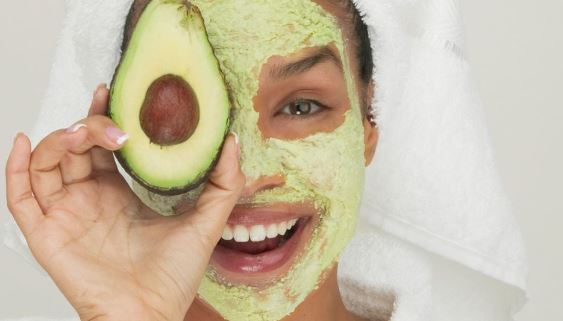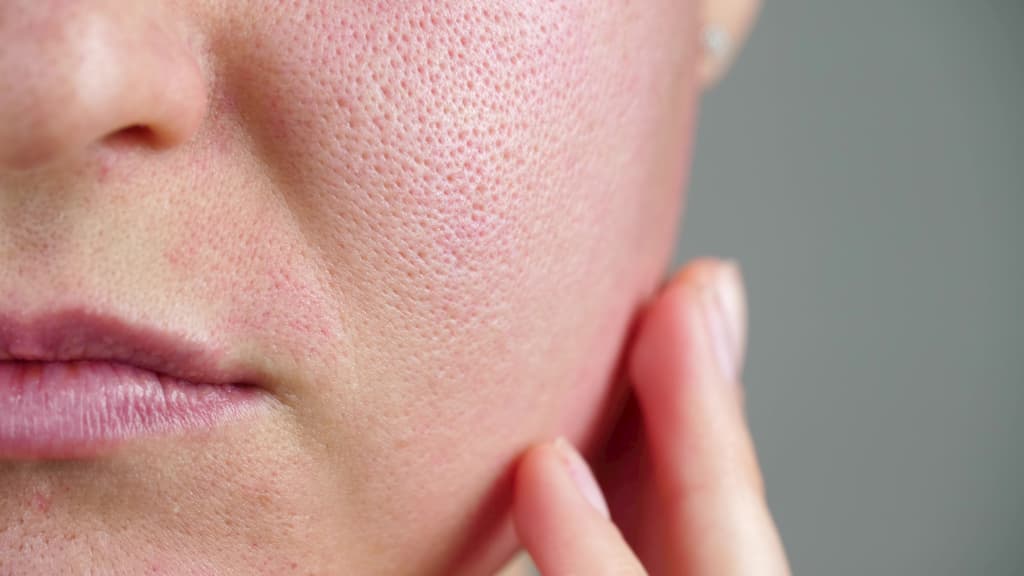Cleansing facial pores is the process of removing dirt, excess oil, and other impurities from the pores on your face. Pores are small openings in the skin that can become clogged with dead skin cells, oil, and bacteria, leading to breakouts and other skin problems. Cleansing facial pores is an important step in a skincare routine, as it helps to keep the pores clear and prevent clogging. This can be done through a variety of methods, such as using a gentle cleanser, exfoliating, steaming, using pore strips or clay masks, and moisturizing. By keeping your pores clean, you can help maintain healthy, clear skin.
Deep Cleansing And Exfoliation
Regular Cleansing facial pores
Cleansing facial pores is an important part of a skincare routine, as it helps to remove dirt, oil, and other impurities that can clog pores and lead to breakouts and other skin problems. Here are some steps you can take to effectively cleanse your facial pores:
- Start by washing your face with a gentle cleanser to remove any surface dirt or makeup.
- Use a facial scrub or exfoliating brush to gently remove dead skin cells and unclog pores. Be careful not to scrub too hard, as this can damage the skin.
- Try using a facial steam to help open up your pores and loosen any impurities. This can be done by placing a towel over your head and leaning over a bowl of steaming water for several minutes.
- Use a pore strip or a clay mask to help draw out any remaining impurities. Pore strips are adhesive strips that can be placed over the nose or other areas of the face to remove blackheads and other impurities. Clay masks contain natural minerals that can help absorb excess oil and unclog pores.
- Finish by applying a lightweight moisturizer to help keep your skin hydrated and protected.
It’s important to note that over-cleansing or using harsh products can actually make your skin worse, so it’s important to find a gentle routine that works for your skin type. If you have any concerns or specific skin conditions, it’s always a good idea to consult with a dermatologist.

Benefit of Cleansing facial pores
Cleansing facial pores has several benefits for the health and appearance of the skin. Here are some of the key advantages:
- Removal of Impurities: Throughout the day, dirt, oil, makeup, and environmental pollutants can accumulate on the skin’s surface and within the pores. Cleansing helps to remove these impurities, preventing clogged pores and potential breakouts.
- Prevention of Acne: Clogged pores are a common precursor to acne breakouts. By keeping the pores clean, you reduce the likelihood of acne-causing bacteria proliferating and causing inflammation.
- Improved Skin Texture: When pores are clogged, they can appear larger and more prominent. Regular cleansing helps to minimize the appearance of pores and promotes a smoother skin texture.
- Enhanced Absorption of Skincare Products: Cleansing the pores allows other skincare products, such as serums and moisturizers, to penetrate more effectively. When the pores are clear, these products can be better absorbed, maximizing their benefits for the skin.
- Increased Circulation: Massaging the cleanser into the skin during the cleansing process can stimulate blood circulation. Improved circulation brings more oxygen and nutrients to the skin, promoting a healthier complexion.
- Refreshed and Rejuvenated Skin: Cleansing the pores can leave the skin feeling refreshed, revitalized, and more balanced. It helps remove excess oil, giving the skin a clean and matte appearance.
- Prevention of Blackheads and Whiteheads: Blackheads and whiteheads occur when pores become clogged with sebum and dead skin cells. Regular cleansing helps to prevent the formation of these blemishes by keeping the pores clear.
It’s important to note that while cleansing is beneficial, it should be done gently and with appropriate products suitable for your skin type. Over-cleansing or using harsh cleansers can strip the skin of its natural oils and lead to dryness or irritation.
How often should I Cleansing my facial pores?
The frequency of pore cleansing can vary depending on your skin type and individual needs. As a general guideline, it is recommended to Cleansing facial pores twice a day—once in the morning and once at night. However, if you have dry or sensitive skin, you may opt for once-a-day cleansing to avoid over-drying the skin. On the other hand, if you have oily or acne-prone skin, you may benefit from more frequent cleansing.
What type of cleanser should I use to clean my facial pores?
Choosing the right cleanser is crucial for effectively Cleansing facial pores. Look for a gentle cleanser specifically formulated for your skin type. Avoid harsh or drying cleansers that can strip the skin of its natural oils, as this can lead to overproduction of sebum. Non-comedogenic cleansers are also recommended, as they are less likely to clog the pores. Additionally, you may consider using cleansers with ingredients like salicylic acid or tea tree oil, which can help unclog pores and control acne.
Should I use hot or cold water to Cleansing facial pores?
When Cleansing facial pores, it’s generally best to use lukewarm water. Hot water can strip the skin of its natural oils and lead to dryness, while cold water may not effectively remove dirt and impurities. Lukewarm water helps to open up the pores, allowing for better cleansing, but it doesn’t excessively dry out the skin.
Is exfoliation necessary for Cleansing facial pores?
Exfoliation can play a beneficial role in Cleansing facial pores by removing dead skin cells and unclogging the pores. However, it’s important to use gentle exfoliants and not overdo it, as excessive or harsh exfoliation can irritate the skin and cause damage. Consider incorporating a gentle exfoliating product, such as a scrub or a chemical exfoliant (like AHAs or BHAs), into your skincare routine once or twice a week to help keep your pores clean and clear.

Cleansing facial pores naturally
Cleansing facial pores naturally involves using gentle and non-toxic ingredients that effectively remove impurities without causing harm to the skin. Here are some natural methods you can consider:
- Warm Water: Start by rinsing your face with warm water. The warmth helps to open up the pores, making it easier to cleanse them.
- Oil Cleansing: The oil cleansing method involves using natural oils, such as jojoba oil, coconut oil, or olive oil, to cleanse the skin. Massage a small amount of oil onto your face using circular motions for a few minutes. This helps dissolve and lift away dirt, makeup, and excess sebum. Gently wipe off the oil using a warm washcloth.
- Honey: Honey has antimicrobial and moisturizing properties, making it a gentle yet effective cleanser. Apply a thin layer of raw honey to your face and let it sit for a few minutes. Rinse off with warm water, gently massaging your skin in circular motions as you go.
- Clay Masks: Clay masks, such as bentonite clay or kaolin clay, can help draw out impurities from the pores. Mix the clay with water or apple cider vinegar to create a paste, apply it to your face, and leave it on until it dries. Rinse off with warm water.
- Steam: Facial steaming can help open up the pores and loosen debris. Boil water and pour it into a bowl. Place a towel over your head and lean over the bowl, allowing the steam to envelop your face for about 5-10 minutes. Be cautious not to get too close to avoid burning yourself.
- Exfoliation: Regular exfoliation helps remove dead skin cells and unclog pores. You can create a natural scrub by mixing ingredients like sugar or coffee grounds with a carrier oil, such as coconut oil or almond oil. Gently massage the mixture onto your face in circular motions and rinse off with warm water.
Remember to moisturize your skin after cleansing to maintain its hydration and balance. Additionally, it’s essential to choose natural ingredients that suit your skin type and to perform a patch test before using any new product to ensure you’re not allergic or sensitive to it.


